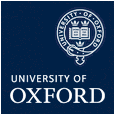Group leader
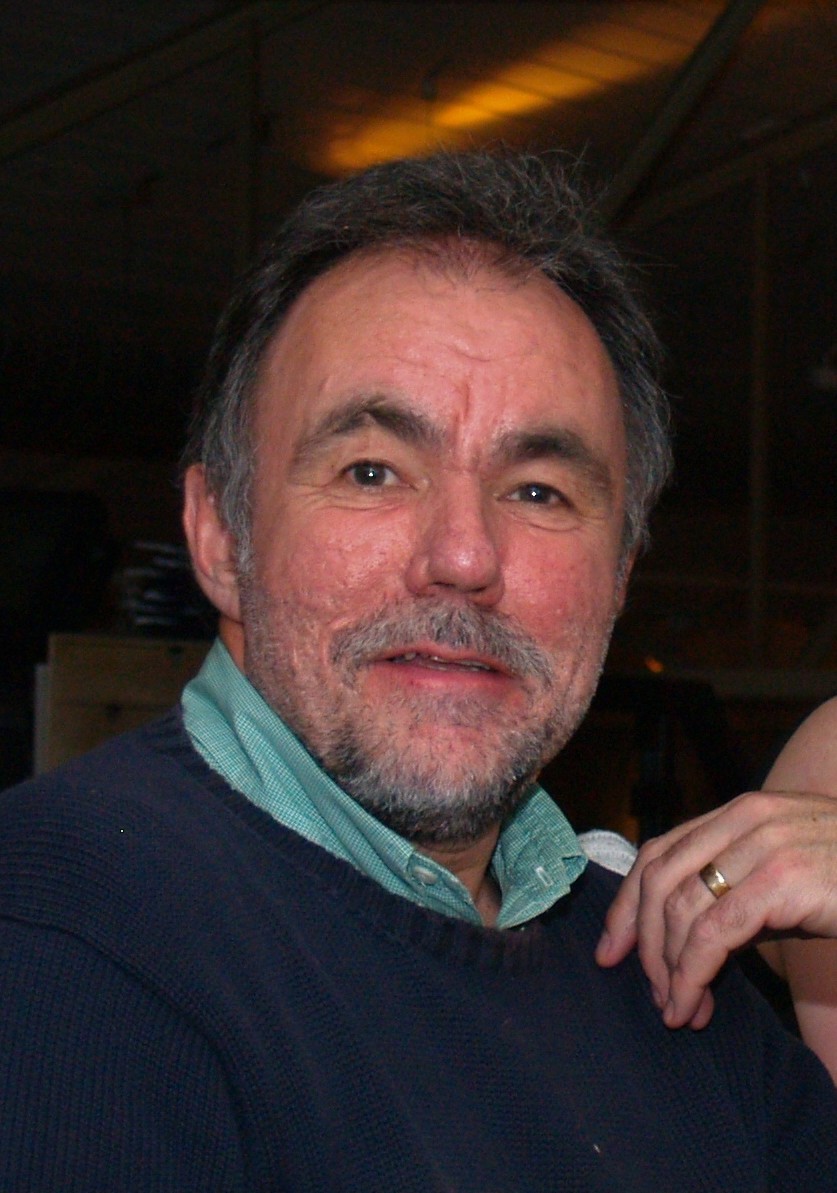
Fraser Armstrong
Fraser Armstrong is Professor of Chemistry and a Fellow of St John’s College. His interests are in biological chemistry, bioenergetics and in the mechanisms and exploitation of enzymes related to energy production.
He has received a number of awards including the European Award for Biological Inorganic Chemistry, the Carbon Trust Innovation Award, the Max Planck Award for Frontiers in Biological Chemistry and the Royal Society of Chemistry Award for Interdisciplinary Chemistry.
He travels widely giving invited lectures on topics including catalysis, bioenergetics and renewable energy. He is co-editor of Energy … beyond oil which focuses on alternative energy-generating technologies.
Outside of the office, Fraser can be found with his group at the Lamb & Flag Thursday nights in term time.
Fraser has been elected Fellow of the Royal Society.
Post-doctoral researchers
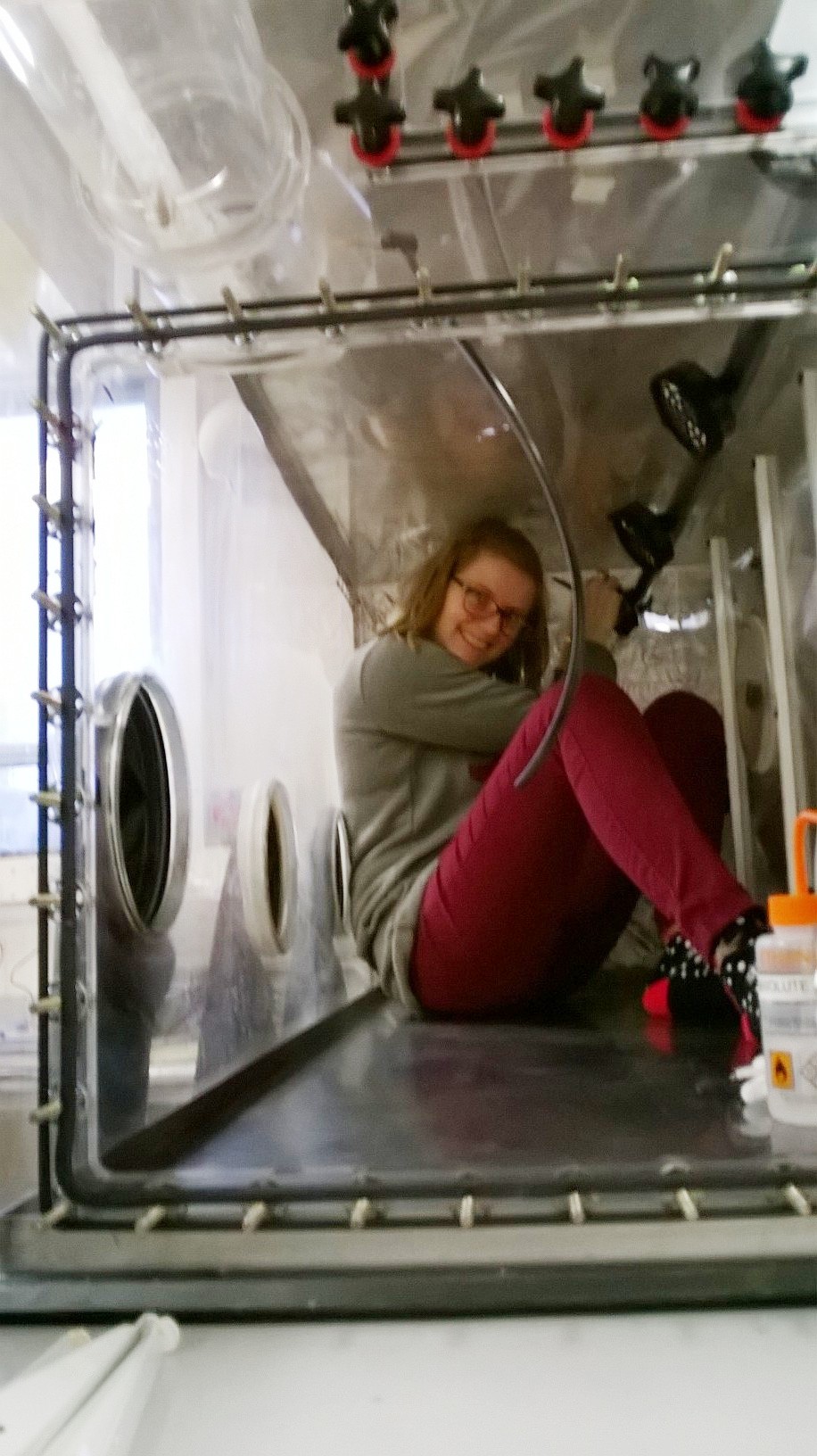
Rhiannon Evans
I completed my PhD in Chemistry at Cardiff University in 2010 investigating various aspects of dihydrofolate reductase catalysis. My interests involve relating enzyme structure and function, with a particular focus on how we can explore and exploit differences in environmental optima.
Since joining forces with Fraser, my work has mainly focused on oxygen tolerant and oxygen sensitive hydrogenases and how we can take advantage of conserved differences in their amino acid compositions. The ultimate aim is to use site directed mutagenesis to study the mechanism of hydrogen activation in [NiFe]-hydrogenases, and also of dealing with oxygen attack. I study the variant hydrogenases using techniques such as protein film electrochemistry and EPR. I am a Junior Research Fellow of Wolfson College here in Oxford.
Outside of the lab I enjoy running and catching up on series that I spend the rest of the time trying to avoid spoilers from.
Google Scholar page
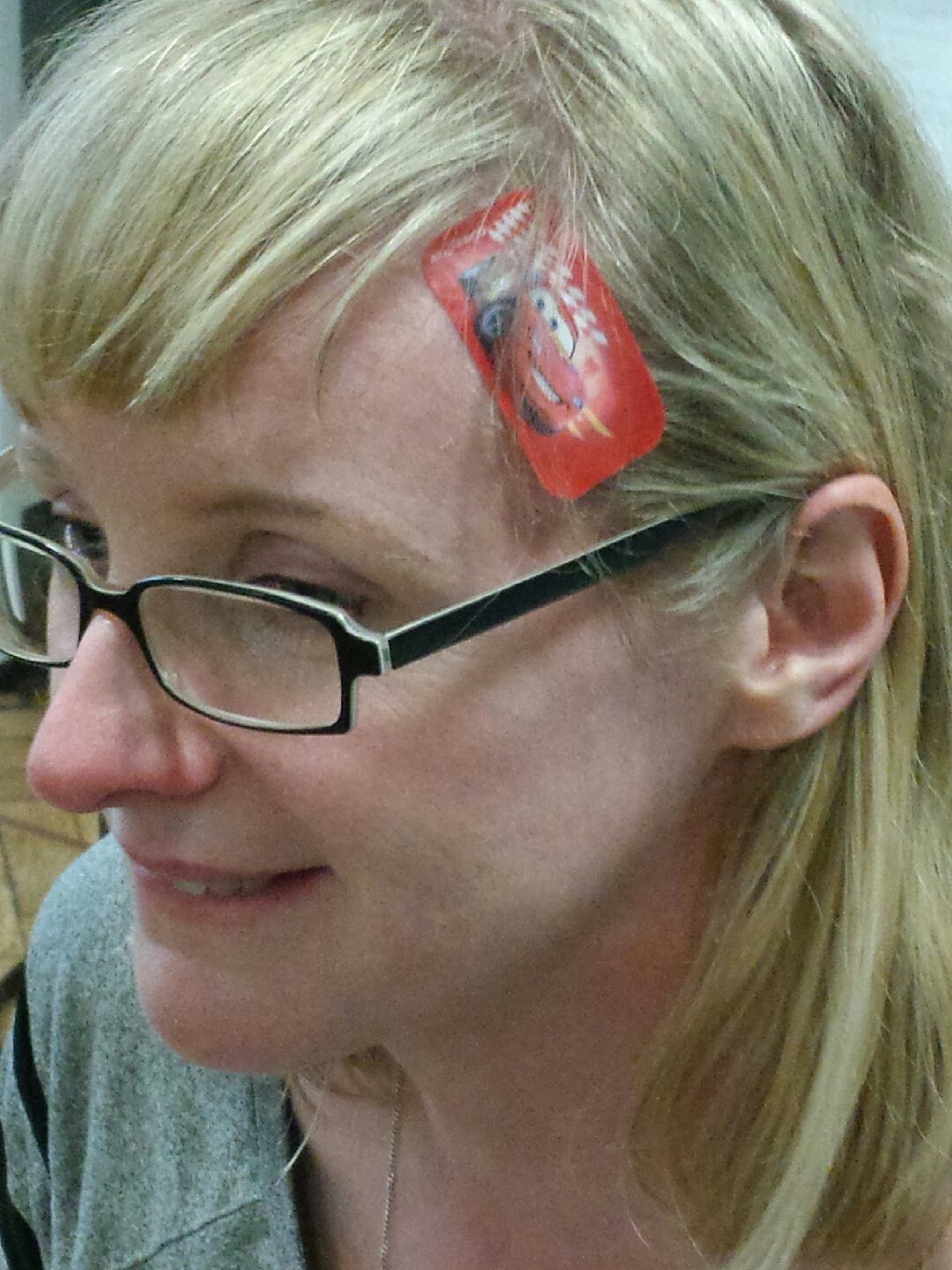
Clare Megarity
I completed my PhD at Queen’s University Belfast in 2014. I researched the structure and function of oxidoreductase enzymes, with a focus on the mechanism of negative cooperativity. My thesis presented evidence to support the presence of a pathway linking the two active sites in these dimeric enzymes, through which negative cooperativity propagates and identified one residue as pivotal.
I joined the Armstrong group in July 2015. My research here involves the physical characterization of redox enzymes produced in recombinant strains of the photosynthetic organism Chlamydomonas reinhardtii. I have studied the kinetics of activation of an apo-hydrogenase enzyme upon binding an inorganic [2Fe] active site mimic, using protein film electrochemistry to measure enzyme-catalysed rates of H2 oxidation and H+ reduction. I currently work on the ‘Electrochemical Leaf’, an electrochemical cofactor recycling technology based on the photosynthetic enzyme, ferredoxin NADP+ reductase (FNR). I work on the interaction of FNR and other coupling enzymes on a porous electrode surface and also on the engineering of FNR.
Outside of the lab I enjoy art, reading, pondering the idea of getting back into running and actively not joining Facebook.
Liyun Zhang
I studied chemistry in university of science and technology of China and received my PhD degree in 2009. My research interests include (i) Metalloenzyme and its application in renewable energy generation; (ii) Development of fluorescent probes to detect fundamental DNA and protein. In Fraser’s group, I am a Newton international fellow and try to understand the operation and optimization of light-driven enzyme-catalysed solar fuel production by introducing new chemical/bioanalytical agents into key components.
In my spare time, I like reading, travel and playing with my son.
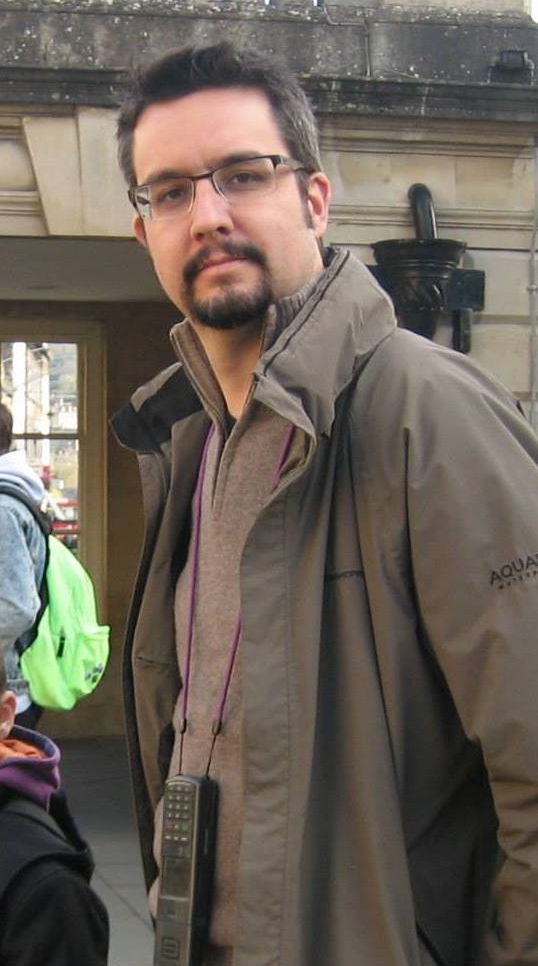
Stephen Carr
I am an experienced protein crystallographer who uses structural biology and various complimentary biophysical techniques to address fundamental questions regarding enzyme catalysis. I am particularly interested in metalloproteins involved in energy metabolism including hydrogenases as well as other bacterial enzymes with potential biotechnological applications.
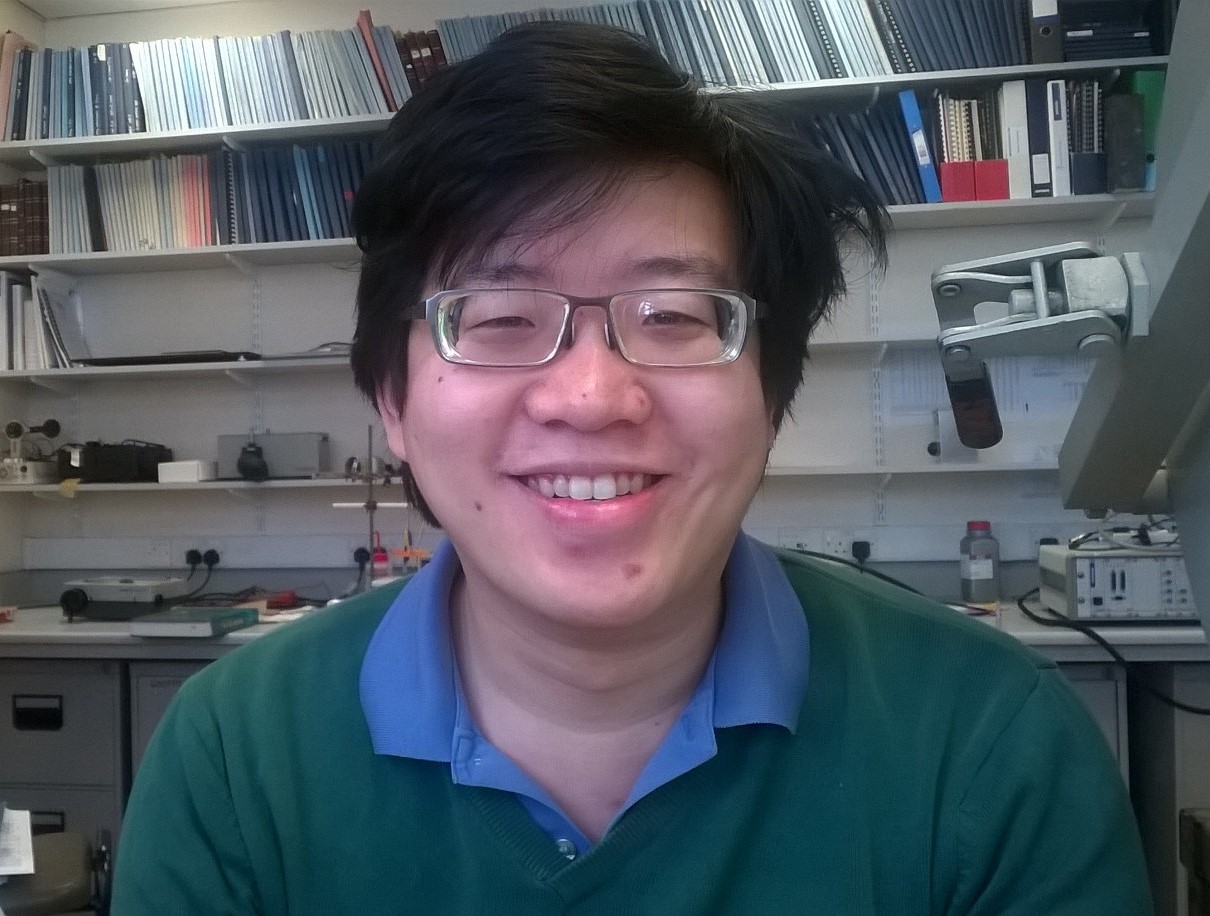
Bhavin Siritanaratkul
After receiving my DPhil in this group, I am currently a postdoc. Before coming here, I studied in Japan for 7 years and received a Bachelor’s and Master’s degree in Chemical Engineering from the University of Tokyo. During that period I did research on photocatalytic water splitting by using semiconductor powders in the Domen group.
During my DPhil, I developed the Electrochemical Leaf (together with Dr. Clare Megarity and Thomas Roberts), an NADP(H) regeneration system based on ferredoxin-NADP+ reductase (FNR). I also worked on reductive dehalogenation and light-driven enzyme-semiconductor composites.
In my free time, I like to read science fiction and fantasy. I also write science fiction short stories, with the dream of getting published in Nature’s Futures section.
Personal webpage
Google Scholar page
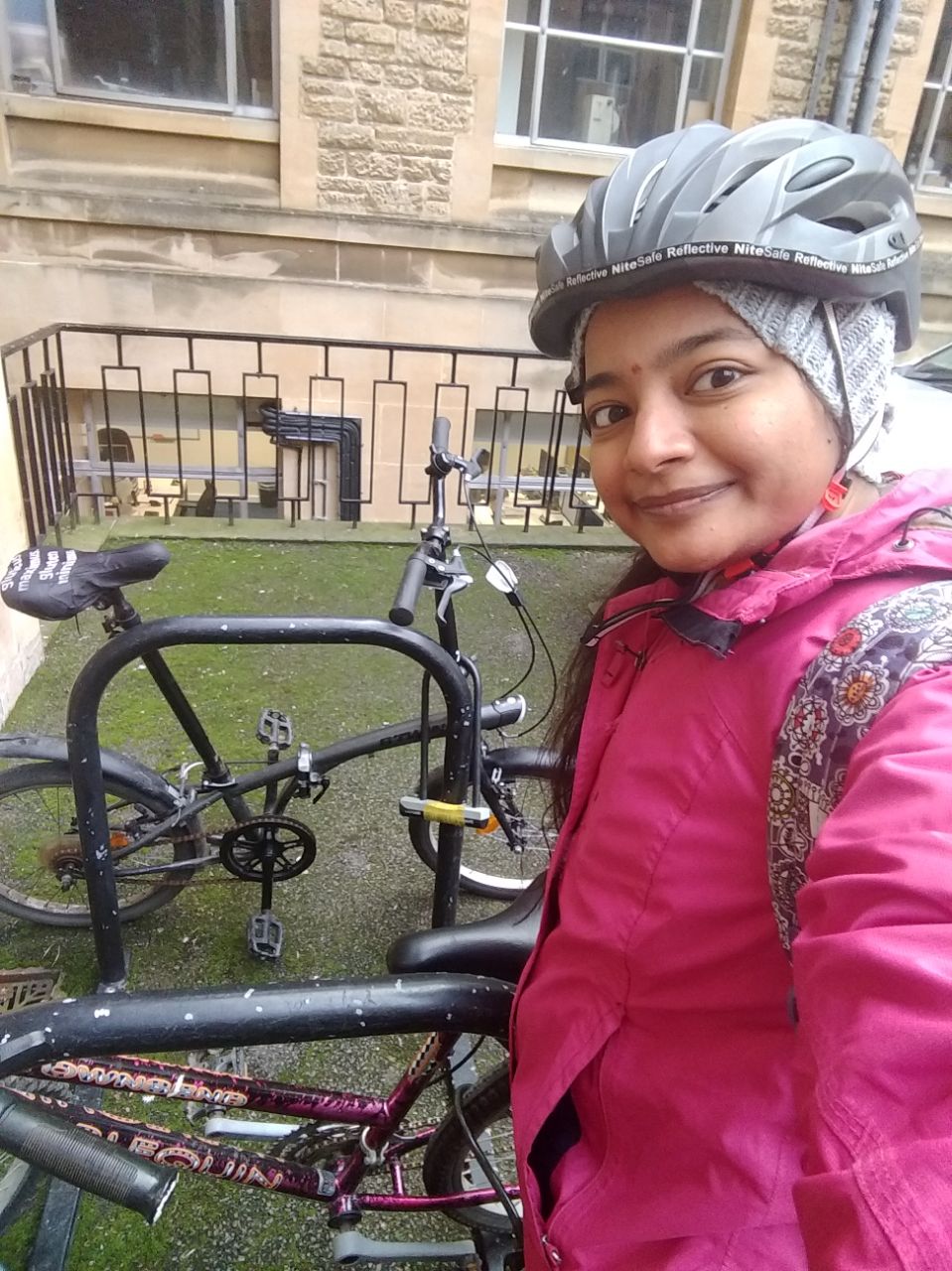
Kavita Pandey
I finished my PhD at Pandit Deendayal Petroleum University, India in August 2016. My Phd research involved investigating energy harvesting and storage devices using electroanalytical characterization tools.
My project in Fraser’s group brings together enzymology, catalysis and electronics. Protein film electrochemistry (PFE) has offered a new and powerful way to study electron-transport enzymes, providing unique information invisible to conventional techniques. In an exciting recent study of two hydrogenases (2H+/H2) the whole process has been visualised in a new way using electrochemical impedance spectroscopy (EIS) which uses a small amplitude sinusoidal AC voltage to measure the impedance components at given values of the electrode potential. As well as resolving the various parts of the enzyme in terms of components that behave as resistors and capacitors, EIS has revealed the unique electrocatalytic exchange rate — a parameter of great significance in reversible electrocatalysis. Various EIS experiments will be performed and analysed to probe several of the most important enzymes in biology and technology.
In my spare time, I love listening to music, playing badminton and spending time with my family.
Personal webpage
Kourosh H. Ebrahimi
I am interested in understanding the fundamentals underlying the enzymatic reactions performed by metalloenzymes such as hydrogenases, radical-SAM enzymes, and ferritin.
Outside lab I enjoy paining with oil on canvas and having a quiet time at home.
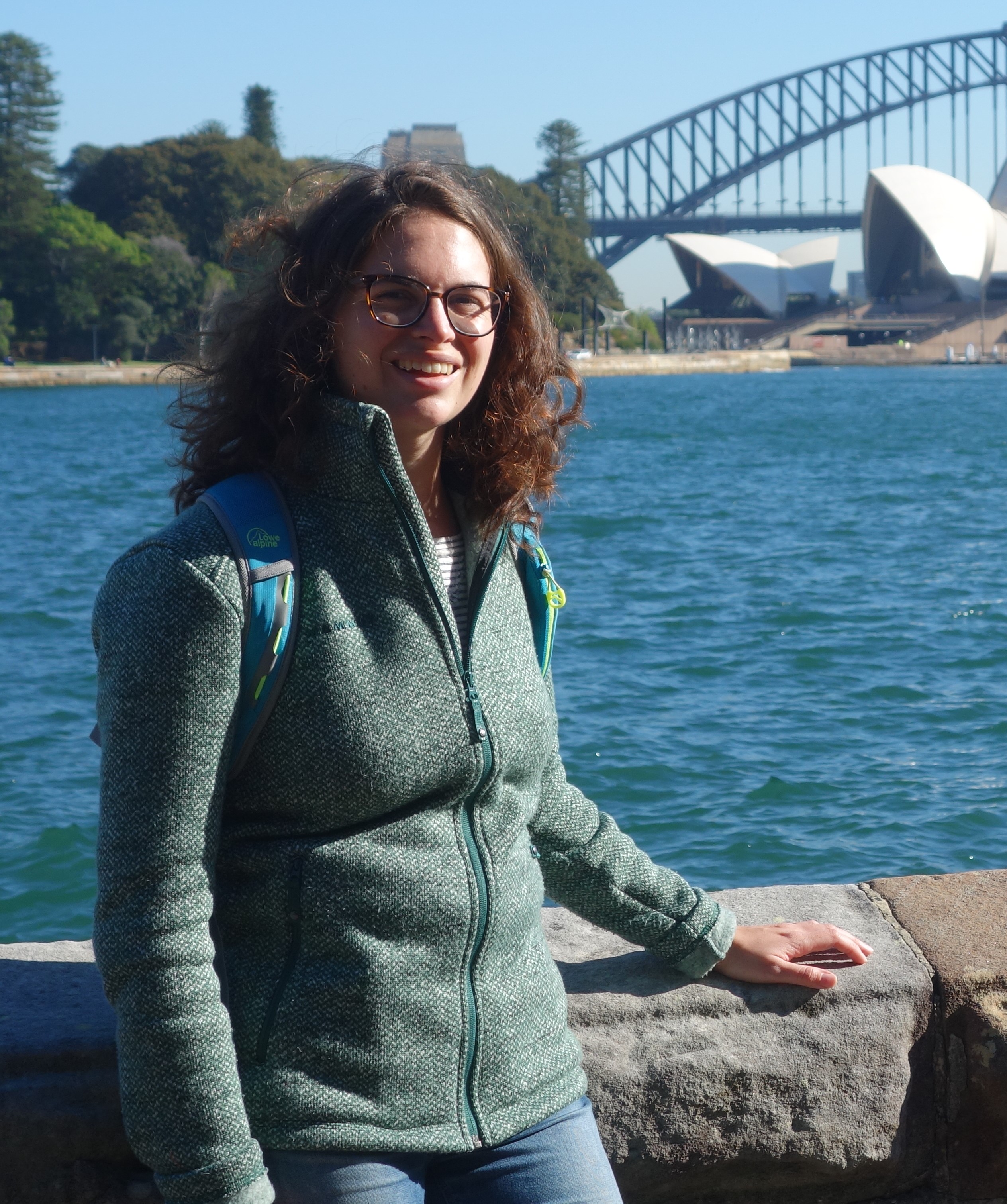
Leonie Kertess
I completed my PhD at the Ruhr-Universität Bochum in April 2018 with focus on the functional interplay between protein scaffold and the bioinorganic cofactor (H-cluster) in [FeFe]-hydrogenases applying various biochemical and biophysical methods including X-ray structure analysis.
In August 2018, I joined the Armstrong group shifting my focus towards the catalytic cycle of [NiFe]-hydrogenases and eventually drawing parallels to the catalytic cycle described for [FeFe]-hydrogenases. My research stay in the Armstrong group is supported by a Gateway Fellowship awarded from the Ruhr University Research School PLUS, funded by Germany’s Excellence Initiative [DFG GSC 98/3].
Outside of lab I truly enjoy the outdoors including hiking, skiing and travelling which in turn motivates me to keep up with my gym and cardio sessions after work.
DPhil students
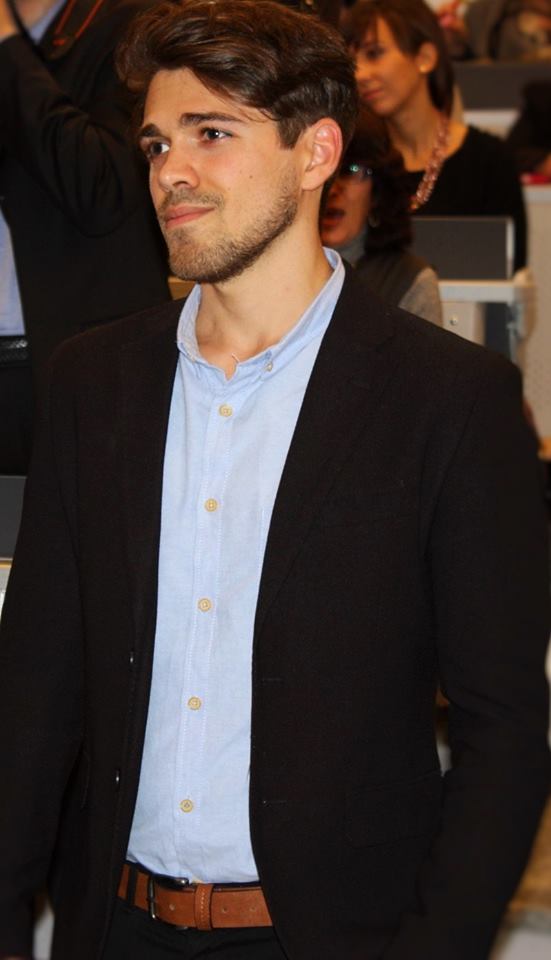
Giorgio Morello
I’m a final year DPhil student from Wadham College. I got my master degree in Industrial Biotechnology at the university of Milan - Bicocca and before coming here I spent one year in Uppsala University to study hydrogen production from green algae. In Fraser’s group my project involves the development of a light driven NADPH regeneration system.
In my spare time I enjoy swimming and playing guitar.
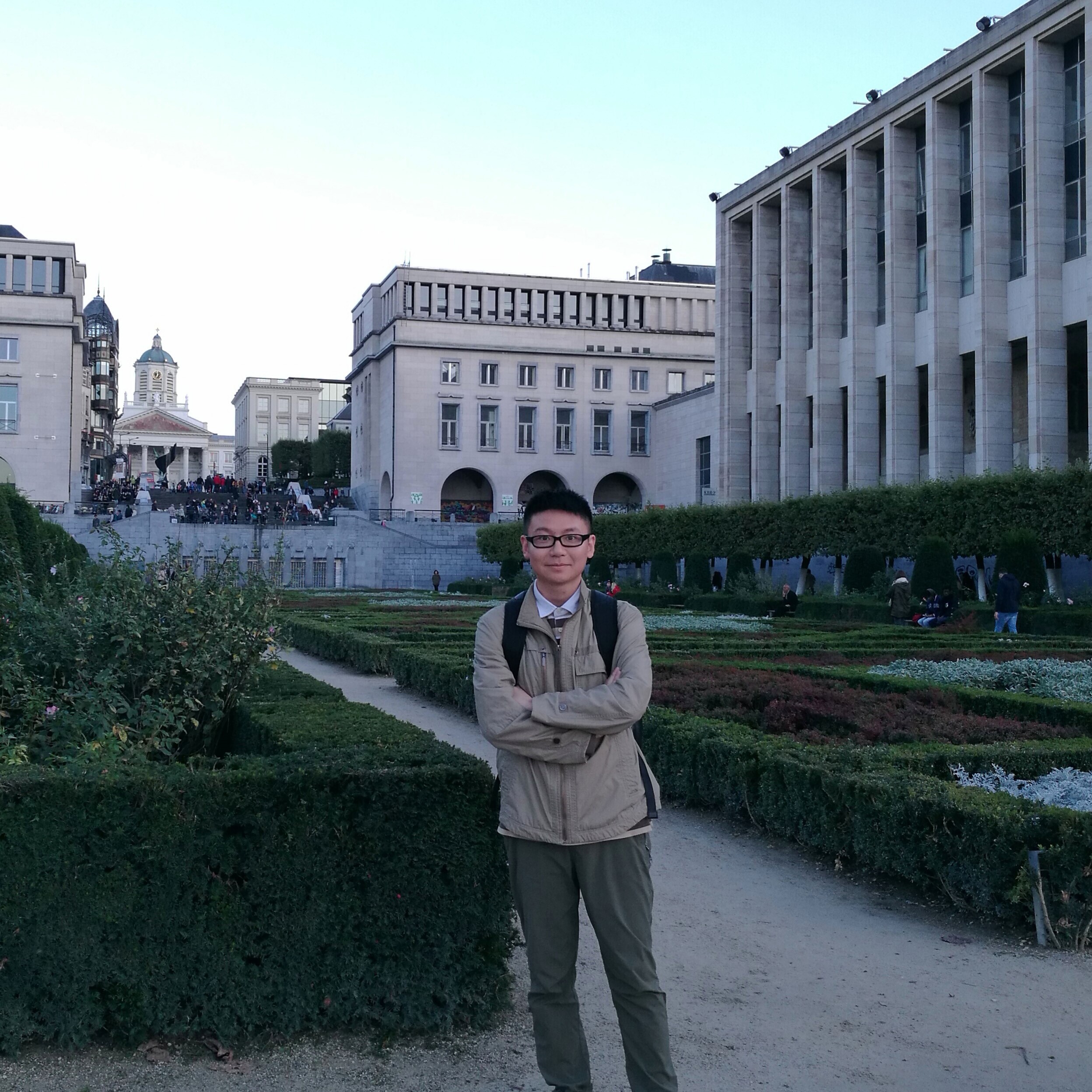
Lei Wan
I am a fourth-year DPhil student at St John’s College. Before I went to Oxford, I got my Bachelor’s and Master’s degree in Materials Science & Engineering from Central South University and Shanghai Jiao Tong University, respectively. My former research directions involved nanomaterials’ synthesis and physical and electrochemical properties. I am really interested in future energy technologies. In Fraser’s group, I am now studying a super interesting bioorganic fuel cell driven by hydrogen and air.
In my spare time, I like reading, pondering, travelling and going for a walk. I am also a fan of table tennis and badminton.
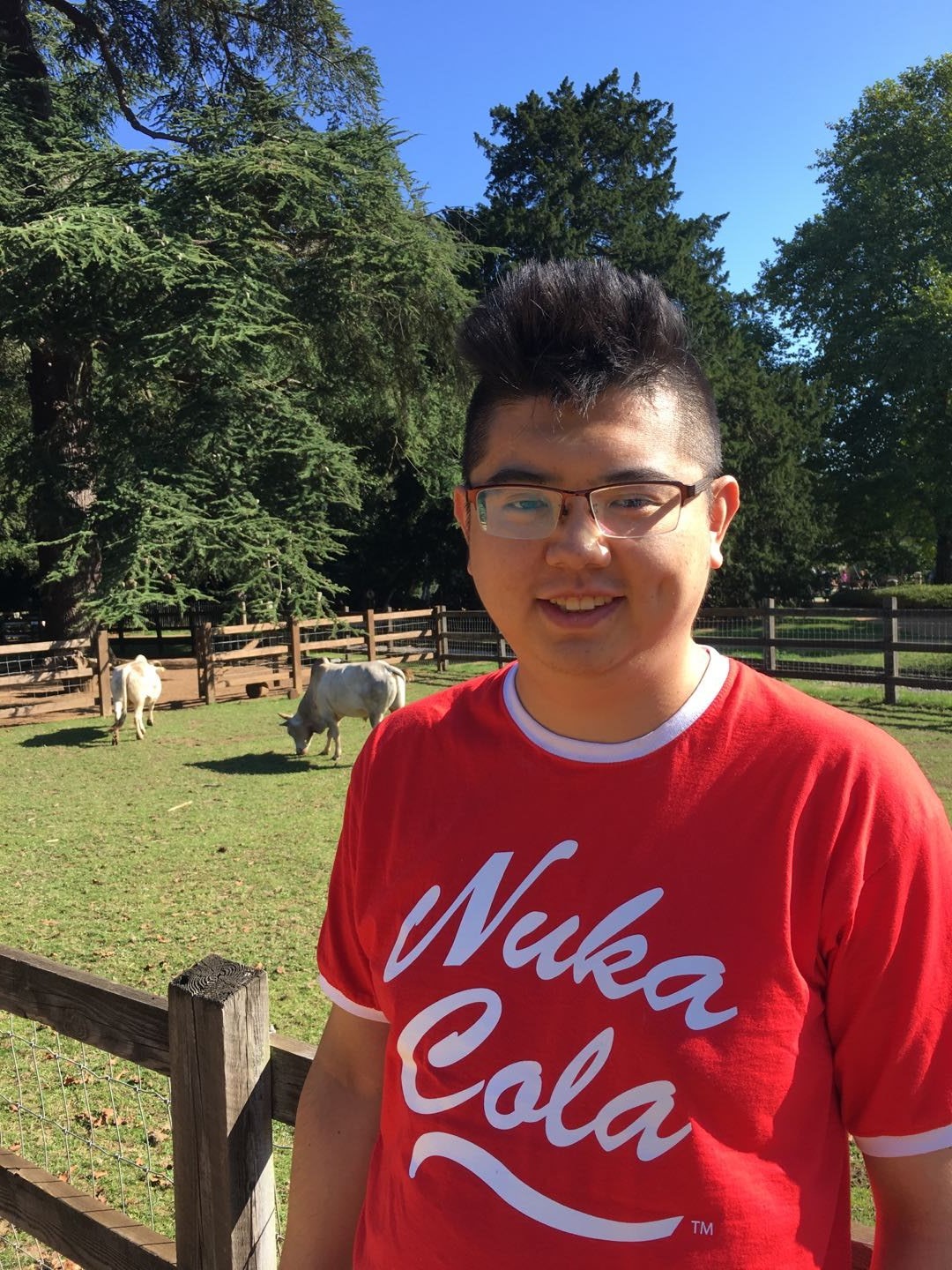
Beichen Cheng
I’m a third year DPhil student in the group. I had my BS degree in Sun Yat-Sen University and MS degree in Columbia University. I’m exploring the exciting application of scaling up and scaling down our ‘Electrochemical leaf’ system.
In my spare time I am a super fan of Real Madrid and I love playing video games. I’ve always been dreaming of becoming a scientist and engineer as well as a football commentator and game developer (if possible)!

Ryan Herold
I’m a first year DPhil student at Trinity College with funding provided by a Clarendon Scholarship. I completed my undergrad in molecular biology in 2017 at Long Island University in Brooklyn, NY, where I also played Div. I soccer. After graduating I spent three months as a marine/molecular biology research intern for the Smithsonian Tropical Research Institute in Panama before returning to the States to work on algal biofuels at the US DOE funded National Renewable Energy Laboratory. Prior to joining the group, I was awarded a Fulbright Fellowship to complete an MRes in Biotechnology and Bioenergy at the University of Nottingham where I engineered cyanobacteria for the production of terpenoids. In Fraser’s group I am focused on leveraging the exquisite sensitivity of the electrochemical leaf to enable real-time monitoring of enzyme activities through the construction of novel enzyme circuits and enzymatic cascades.
Outside the lab I enjoy hiking, gardening, traveling, reading, and playing soccer for the Trinity “football” team.
Part II students
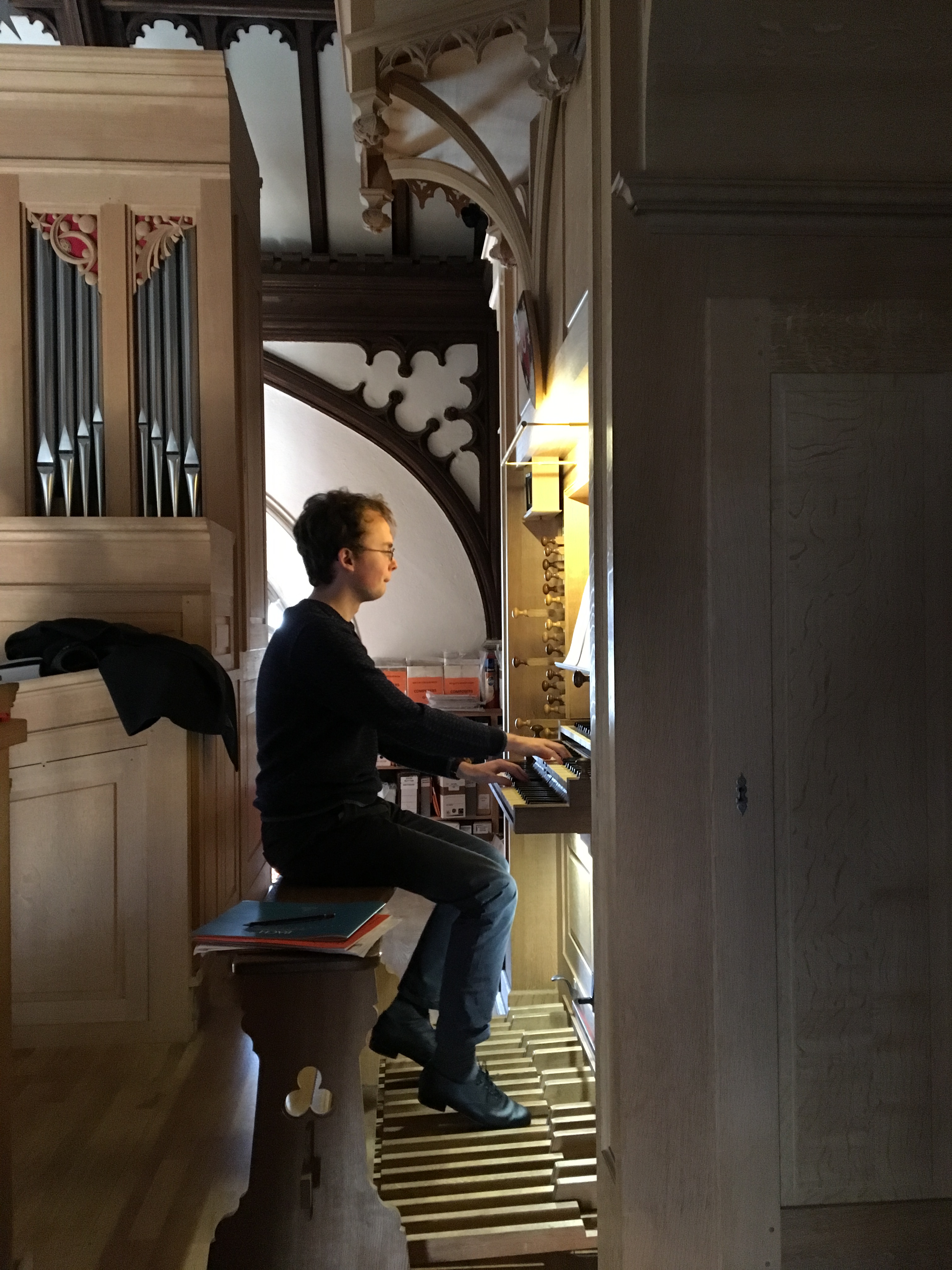
Adam Sills
I’m a fourth year undergraduate at St John’s College. After spending my summer here in 2017, and enjoying it, I decided to come back for Part II. I work with the FNR team in the group.
In my spare time I like to play the piano and attempt to play the organ.
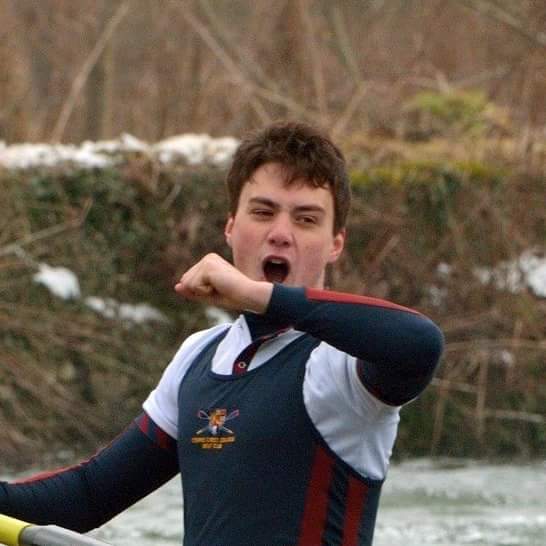
Alexandre Tchen
I am a Part 2 Student at Corpus Christi College, studying a variant of the Electrochemical Leaf Cofactor regeneration system, previously developed in the group.
When not in the lab I enjoy playing rugby, reading sci fi and spending time on and around the river.
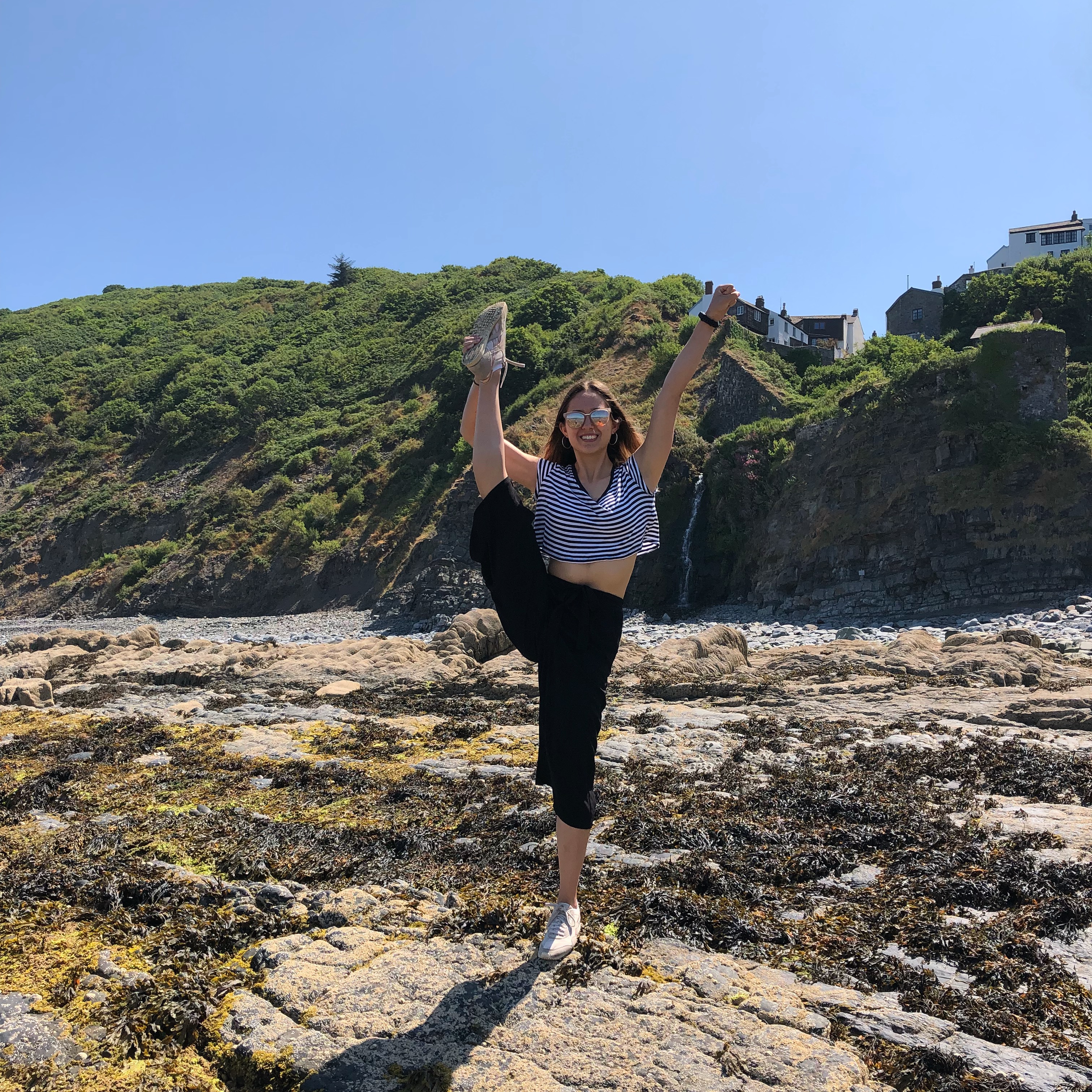
Alice McGuinness
I’m a part II student at Trinity College working on the characterisation of mutant hydrogenases.
When I’m not in the lab, I enjoy cheerleading and cooking.
